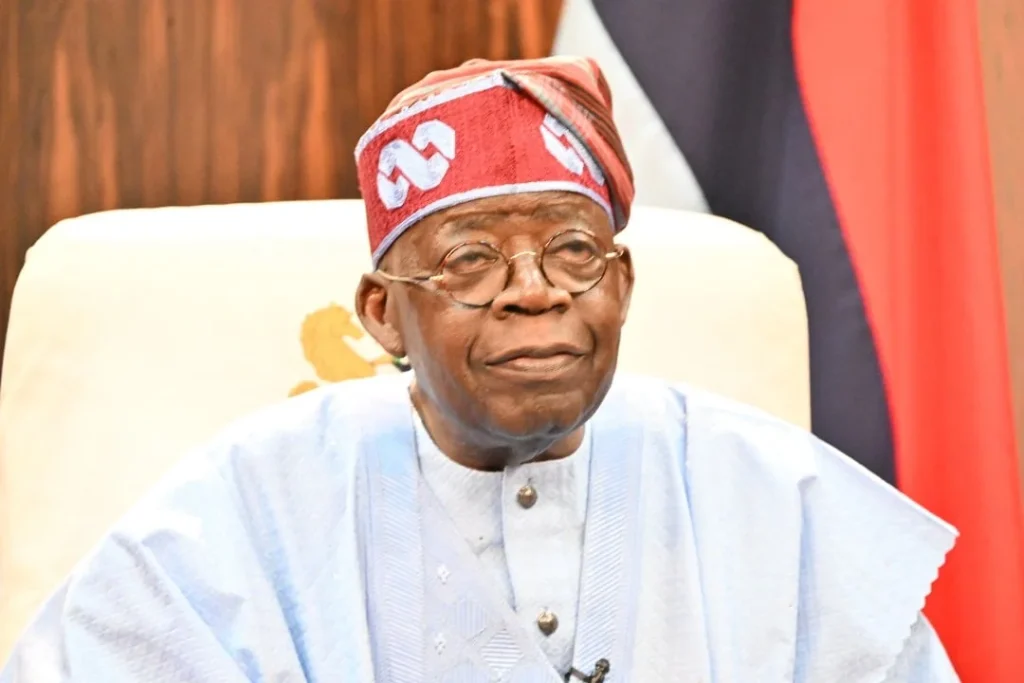President Bola Tinubu has requested approval from the National Assembly to borrow $\text{N1.15 trillion}$ from the domestic debt market. This significant borrowing aims to finance the existing deficit within the 2025 national budget.
This request, formally detailed in a letter sent to both the Senate and the House of Representatives, is a key component of the administration’s fiscal strategy. The overall goal is to address revenue shortfalls and ensure that key government projects are sustained despite rising expenditure pressures.
Parallel Move into International Markets
In a related financial development, the federal government is simultaneously preparing to access the international debt market. The Debt Management Office (DMO) plans to raise $2.3 billion this week. This marks the government’s first Eurobond issuance since December 2024.
This move into the international market is seen as a way to gauge investor confidence in the government’s current economic reform agenda. It occurs amidst global financial instability and geopolitical uncertainties.
President Tinubu’s formal request for the Eurobond issuance was presented to the Senate and read during the Tuesday plenary session.
Bridging the Funding Gap
According to the President’s letter, the planned $2.3 billion Eurobond is designated to bridge Nigeria’s funding gap. This capital is necessary to ensure the full implementation of key programs and projects outlined under the 2025 fiscal plan.
Following the reading of the letter on the Senate floor, Senate President Godswill Akpabio referred the request to the Senate Committee on Local and Foreign Debt. The committee has been instructed to complete its detailed consideration and submit its report within one week for further legislative action.
Public Criticism Over Continued Borrowing
President Tinubu has faced criticism from various segments of the Nigerian population, including opposition figures. Concerns have been raised regarding the administration’s continued borrowing despite the removal of the fuel subsidy.
Some citizens have publicly questioned the necessity of new loans and demanded clarity on how the funds saved from the subsidy removal are being utilized.
Malian Junta Head Admits Crisis: Deadly Fuel Blockade Threatens Stability






